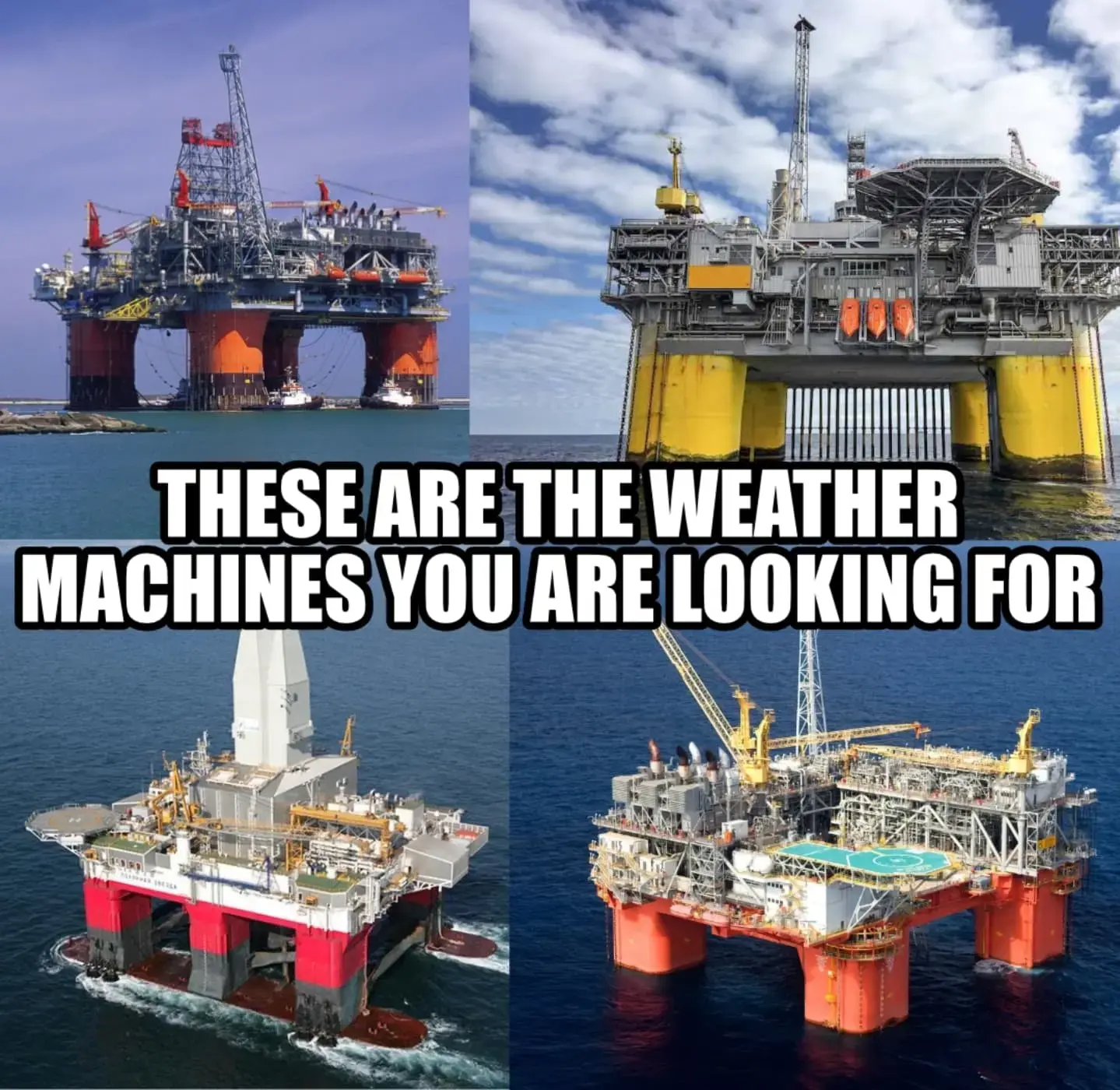Fuck Cars
A place to discuss problems of car centric infrastructure or how it hurts us all. Let's explore the bad world of Cars!
Rules
1. Be Civil
You may not agree on ideas, but please do not be needlessly rude or insulting to other people in this community.
2. No hate speech
Don't discriminate or disparage people on the basis of sex, gender, race, ethnicity, nationality, religion, or sexuality.
3. Don't harass people
Don't follow people you disagree with into multiple threads or into PMs to insult, disparage, or otherwise attack them. And certainly don't doxx any non-public figures.
4. Stay on topic
This community is about cars, their externalities in society, car-dependency, and solutions to these.
5. No reposts
Do not repost content that has already been posted in this community.
Moderator discretion will be used to judge reports with regard to the above rules.
Posting Guidelines
In the absence of a flair system on lemmy yet, let’s try to make it easier to scan through posts by type in here by using tags:
- [meta] for discussions/suggestions about this community itself
- [article] for news articles
- [blog] for any blog-style content
- [video] for video resources
- [academic] for academic studies and sources
- [discussion] for text post questions, rants, and/or discussions
- [meme] for memes
- [image] for any non-meme images
- [misc] for anything that doesn’t fall cleanly into any of the other categories
Recommended communities:
view the rest of the comments

10% is 10%. I can't control what the CEO of an oil company does, but I can decide avoid using fossil fuels. (Maybe if enough of us did the same, we actually could influence an oil company.) We each have to do everything we can to reduce CO2. Dismissing something as rhetoric doesn't help.
I can't control the infrastructure that requires me to drive a car.
I can't afford an EV, transit is too unreliable to get me to work and housing/rent is too expensive for me to move closer to my work, so how exactly is my fault North American society is built around requiring a car while various social economic factors help reinforce it?
Who's talking about fault (besides you)? We each have to do as much as we can. Maybe you can help in other ways instead. How about cutting dairy/meat from your diet, then doing the four Rs with everything else?
I'm expressing that many of us are bound to fossil fuels by design and we need bigger more impactful change. I do what I can, i walk to get my grocceries, I rarely buy new clothing, keep my apartment cool in the winter even though I don't pay the energy bill. Its not even a drop in the bucket compared to millions being spent and made on oil and ensuring we all rely on it.
We made our cars bigger, we made our cities wider and less dense and we told everyone to drive everywhere. Buy everything wrapped in plastic, don't worry it's totally recycleable (but not really). No one can afford housing because multi unit housing doesn't exist in the vast majority of neighbourhoods, unless it was a big house renovated into apartments. Multi units are often more energy effecient compared to the same number of SFH, they loose less heat during winter due the shared walls. They are also denser which can support walkability and transit better than traditional suburbs.
We are beyond the points of individual change being meaningful. We need broad solutions from individuals, communities, nations and everything in between. Building a denser, more walkable society will naturally lower many people's oil and energy consumption while also preserving land.
We need both. Throwing up our hands and saying it's the corporations' fault is too easy an excuse for not doing everything we each can. AND living in a bubble thinking that recycling my plastic bottle will be enough, is not enough.
While I can respect the idea, pragmatically speaking, it would be too little too late. My 10 percent figure refers to global emissions from personal vehicles globally. In the US, these account for less than 2.5% of global emissions
Like another commenter mentioned, the majority of people (in the US) can't even afford EVs yet, and many can't afford environmentally conscious food replacements. If the government provided credits toward EV purchases/subsidized production/expanded public transportation, then it would maybe be possible. But given the current economic climate, it won't happen, and the rate at which it would change even if the government did wouldn't be significant enough to have a substantial impact. Not to mention that most of these policies are an attempt to disguise a lack of reform in the industrial/power sectors. The article above does a great job explaining why this sort of rhetoric is purposefully misleading.
I agree with your overall statement, but if by environmentally conscious food, you mean vegan, it can easily be cheaper than an omnivore diet. Don't use any of the meat or cheese substitutes or many highly processed foods, and it will likely be much cheaper (and healthier) than an omnivore diet.
On the other hand, industrial agriculture isn't very environmentally conscious; it basically turns fossil fuels into food (fossil fuel derived fertilizer, pesticides, and herbicides; machinery, transportation, processing, and refrigeration powered by fossil fuels). Still more efficient than meat and dairy though, since the animals are fed the output from agriculture.
I think EVs are about on par with ICE on total cost of ownership now (but higher initial cost still).